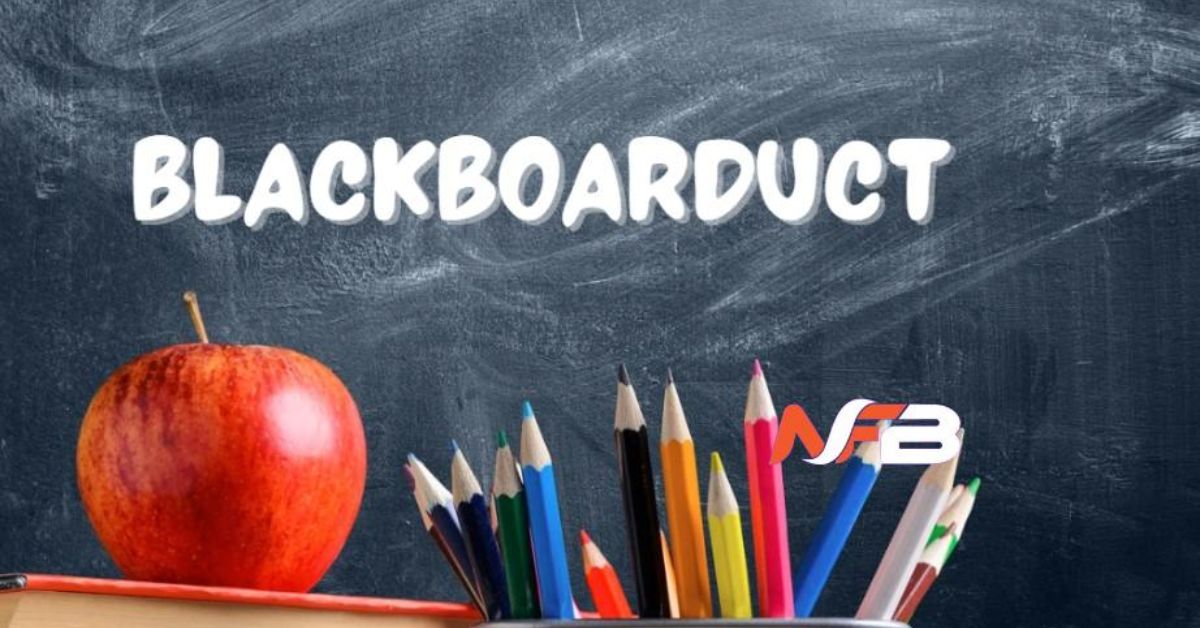In online literature, particularly adult fiction, categorization plays a crucial role in delivering a personalized reading experience. “Literotica tags” are essential for guiding readers toward content that aligns with their interests. By categorizing content into specific themes, tropes, and genres, these tags help readers quickly discover stories that suit their preferences, enhancing the usability and appeal of adult literature platforms.
In this article, we’ll explore what Literotica tags are, why they’re important, how they benefit readers and writers, and the best ways to navigate these tags for an optimized reading experience.
1. Introduction to Literotica Tags
The world of online literature has exploded, particularly in adult genres where preferences vary widely. Platforms like Literotica have pioneered the concept of content tags to streamline content discovery and enhance user experience. “Literotica tags” are labels assigned to stories, helping readers identify themes, genres, or specific elements within a story, and providing an organized way for readers to find tailored content. In this article, we’ll look at the structure, significance, and best practices for using these tags.
2. Defining Key Concepts Related to Literotica Tags
Understanding Tagging Systems in Digital Literature
A tagging system categorizes content by assigning descriptive labels. Tags can range from broad categories like “romance” or “fantasy” to more specific themes, such as “forbidden love” or “historical fiction.” These tags provide context and allow users to search by themes, genres, or specific interests.
Purpose and Function of Literotica Tags
Literotica tags serve multiple purposes: they enable readers to find the content they want more quickly, give writers a way to reach their target audience, and enhance user satisfaction by offering an organized library of diverse genres and themes. For adult fiction platforms, where reader preferences can be specific, these tags are invaluable for sorting content effectively.
3. Importance and Benefits of Literotica Tags
Enhanced Reader Experience
For readers, Literotica tags create a streamlined, personalized browsing experience. Users can search for content by specific themes or categories, ensuring they find stories aligned with their interests without sifting through irrelevant material. This ease of discovery leads to a more satisfying user experience, as readers can dive directly into the themes or genres they enjoy.
Assisting Writers in Reaching Target Audiences
Literotica tags offer writers the opportunity to categorize their work for specific audiences. By choosing appropriate tags, writers can improve the visibility of their stories, reach interested readers, and increase engagement. Accurate tagging allows stories to be discovered more easily, building a readership base and fostering a sense of community among writers and readers.
4. Applications and Use Cases for Literotica Tags
Finding Personalized Content
For readers, Literotica tags are essential for quickly locating content within specific genres or with particular themes. For example, a reader looking for “fantasy romance” can narrow their search with tags, ensuring that they find stories that suit their tastes without unnecessary browsing.
Helping Writers Categorize Their Work
For writers, Literotica tags are valuable for categorizing stories. This makes it easier for their work to be discovered by users interested in that particular theme, trope, or genre. By tagging stories accurately, writers can build niche audiences, leading to higher engagement and reader loyalty.
5. Challenges and Solutions in Using Literotica Tags
Tag Misuse and Overuse
One of the challenges with Literotica tags is tag misuse, where stories may be inaccurately tagged either accidentally or to attract broader attention. Tagging a story with too many unrelated tags can dilute its relevance, making it harder for readers to find the right content. A solution to this challenge is for platforms to encourage responsible tagging practices and, if necessary, offer guidelines for authors to improve accuracy.
Navigating Complex or Niche Tags
For readers, overly complex or niche tags can be challenging. A story tagged with highly specific terms may not be easily searchable, making it difficult for readers to find relevant content. Platforms can improve the reader experience by grouping similar tags or providing recommendations based on user preferences.
6. Optimizing the Use of Literotica Tags for Readers and Writers
Tips for Readers to Find Relevant Content
For readers, a few strategies can help optimize their experience:
- Use Multiple Tags: Using a combination of tags, like “romantic suspense” or “paranormal thriller,” can yield more specific results.
- Save Favorite Tags: Many platforms allow users to save favorite tags, making it easier to return to preferred genres or themes.
- Explore Related Tags: If looking for something new, exploring related tags can introduce readers to content that aligns with their primary interests but adds variety.
Guidelines for Writers on Effective Tagging
Writers can maximize their reach by following these tagging best practices:
- Limit to Relevant Tags: Choose tags that accurately represent the themes, genres, or styles of the story.
- Avoid Overuse of Tags: Stick to key tags that reflect the core elements of the story to improve discoverability.
- Focus on Genre-Specific Tags: Genre tags like “historical fiction,” “erotic romance,” or “fantasy” help place stories in the right context, reaching interested readers more effectively.
7. Future of Literotica Tags and Content Discovery
As digital literature continues to grow, tags will likely become even more sophisticated. Machine learning and AI-powered recommendations may soon enhance tagging accuracy, refining the search experience for readers and helping writers reach the right audiences with minimal effort. Advanced algorithms could automatically suggest or apply tags, improving content organization across the platform. With such innovations, tags will evolve beyond simple labels to become intelligent tools that predict and meet user preferences seamlessly.
8. Conclusion: The Impact of Literotica Tags on Digital Literature
Literotica tags serve as a crucial tool for readers and writers alike, enhancing user experiences by organizing vast libraries of content into accessible, relevant categories. For readers, tags offer a personalized browsing experience, while for writers, they provide an avenue to reach target audiences. As technology advances, the future of content discovery in digital literature promises to make finding and categorizing content more intuitive and responsive to user preferences.
FAQs
1. What are Literotica tags?
Literotica tags are descriptive labels used to categorize stories, making it easier for readers to find content based on themes, genres, or specific interests.
2. How do Literotica tags benefit readers?
For readers, Literotica tags streamline the browsing process, helping them quickly locate stories that match their preferences without unnecessary searching.
3. Why are tags important for writers on digital platforms?
Tags help writers categorize their stories for relevant audiences, increasing visibility, engagement, and the likelihood of reaching readers interested in specific genres or themes.
4. What are some common challenges with using Literotica tags?
Challenges include tag misuse, overuse, and navigating highly specific or complex tags that may make content difficult to locate.
5. How might the use of Literotica tag evolve in the future?
As AI and machine learning progress, tags may become more predictive and personalized. Enhancing the user experience and making content discovery faster and more accurate.




